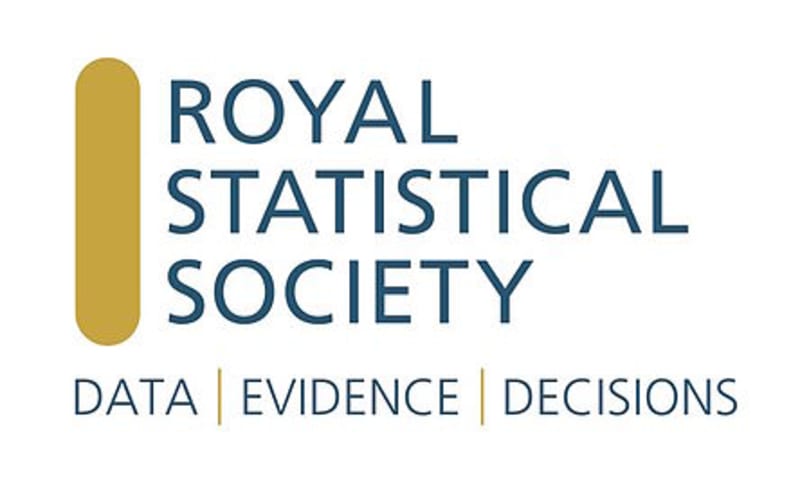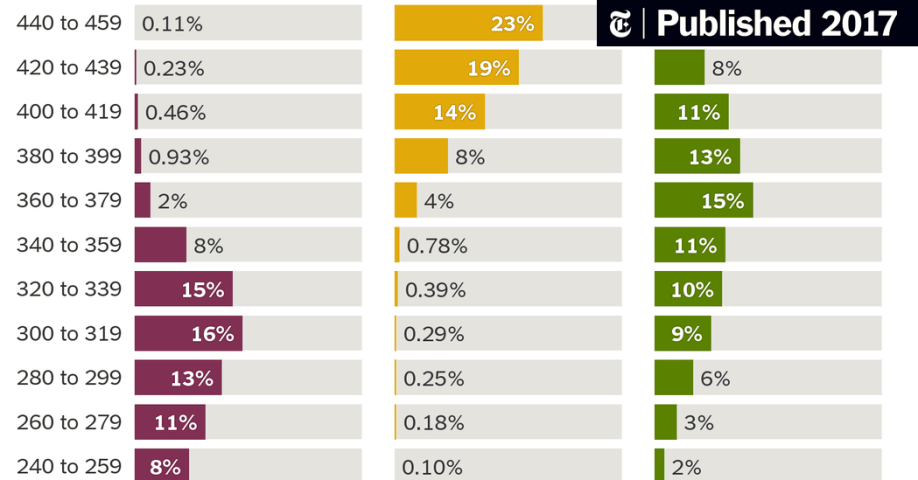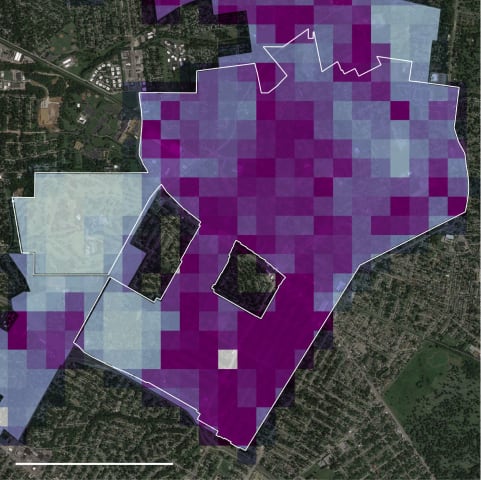インシデントのステータス
Risk Subdomain
1.1. Unfair discrimination and misrepresentation
Risk Domain
- Discrimination and Toxicity
Entity
Human
Timing
Post-deployment
Intent
Intentional
インシデントレポート
レポートタイムライン

A police officer stands at the corner of a busy intersection, scanning the crowd with her body camera. The feed is live-streamed into the Real Time Crime Center at department headquarters, where specialized software uses biometric recogniti…

For the last four years, the Chicago Police Department has kept a list of people they believe are most likely to be involved in a shooting. The list—known as the "heat list" or the Strategic Subject List—was developed using a secret algorit…
/cdn.vox-cdn.com/uploads/chorus_asset/file/15887668/hotspots.0.1471618340.jpg)
Struggling to reduce its high murder rate, the city of Chicago has become an incubator for experimental policing techniques. Community policing, stop and frisk, "interruption" tactics — the city has tried many strategies. Perhaps most contr…

In late 2013, Robert McDaniel – a 22-year-old black man who lives on the South Side of Chicago – received an unannounced visit by a Chicago Police Department commander to warn him not to commit any further crimes. The visit took McDaniel by…

Consider it the real-life "Minority Report": Chicago police say they're successfully using big data to predict who will get shot — and who will do the shooting. But life is more complicated than the movies. The statistics that police tout t…

From Los Angeles to New York, there is a quiet revolution underway within police departments across the country.
Just as major tech companies and political campaigns have leveraged data to target potential customers or voters, police depart…

The problem of policing has always been that it's after-the-fact. If law enforcement officers could be at the right place at the right time, crime could be prevented, lives could be saved, and society would surely be safer. In recent years,…

Gun violence in Chicago has surged since late 2015, and much of the news media attention on how the city plans to address this problem has focused on the Strategic Subject List, or S.S.L.
The list is made by an algorithm that tries to predi…

Chicago is a leader in using predictive policing, the use of data and algorithms to inform its overall strategy and on-the-ground decision making. One such tool that’s been used since 2012 is the Strategic Subject List, a computer model tha…
/cdn.vox-cdn.com/uploads/chorus_asset/file/19632880/Screen_Shot_2020_01_27_at_1.33.50_PM.png)
The Chicago Police Department’s “Strategic Subject List” was quietly put out to pasture in November, according to the Office of the Inspector General, which had raised several issues regarding the program’s efficacy.
After 10 years, the Chi…
バリアント
よく似たインシデント
Did our AI mess up? Flag the unrelated incidents
よく似たインシデント
Did our AI mess up? Flag the unrelated incidents


/cdn.vox-cdn.com/uploads/chorus_asset/file/15887668/hotspots.0.1471618340.jpg)






/cdn.vox-cdn.com/uploads/chorus_asset/file/19632880/Screen_Shot_2020_01_27_at_1.33.50_PM.png)


